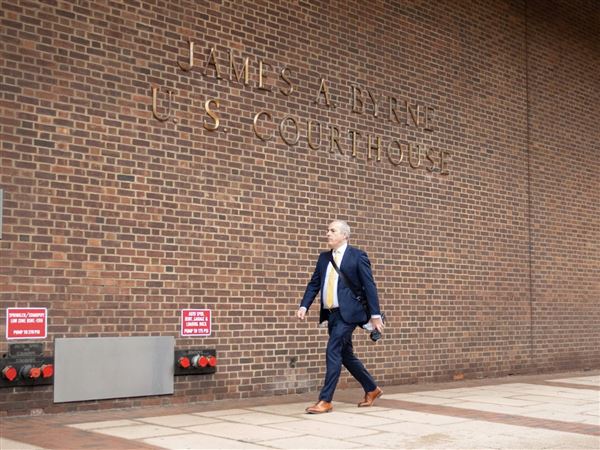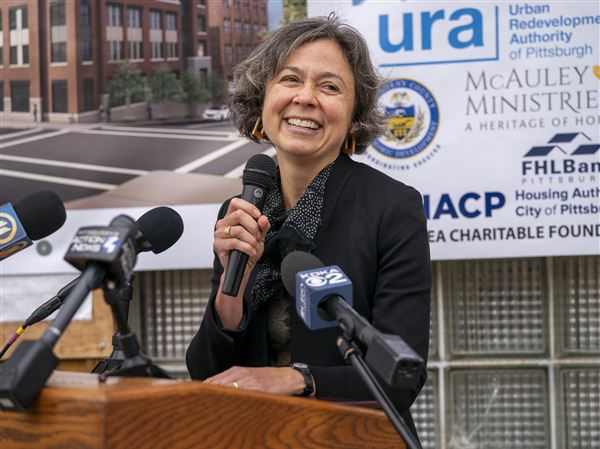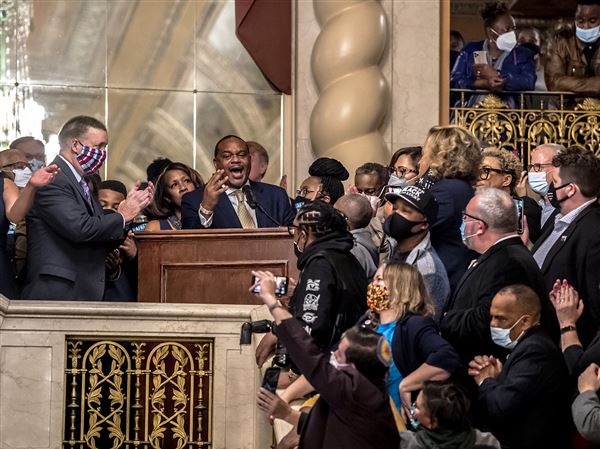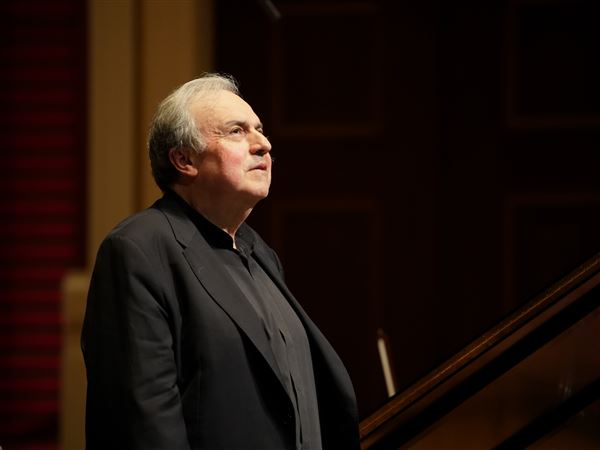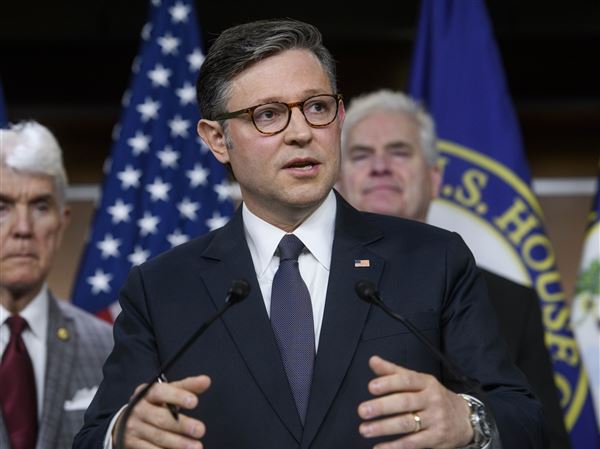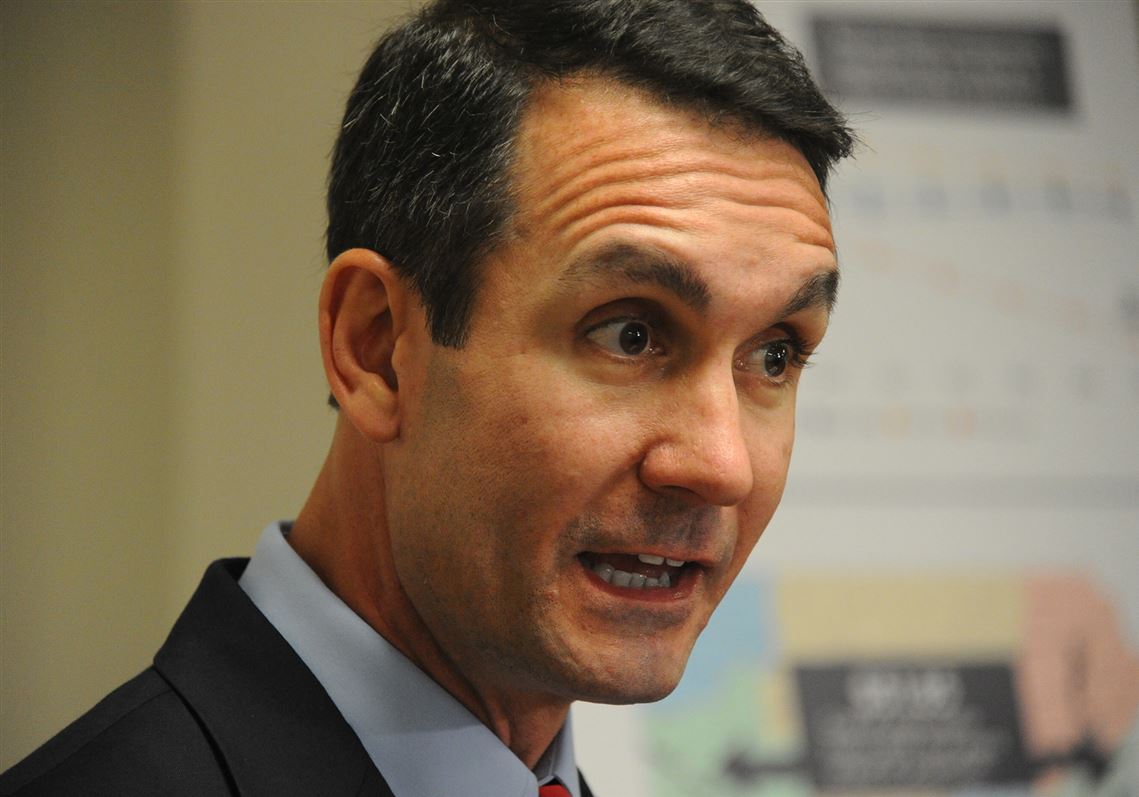Pennsylvania Auditor General Eugene DePasquale will begin an audit this week of a Harrisburg-based nonprofit that oversees a network of abortion-alternative programs across the state.
The review of the state’s contract with Real Alternatives comes nearly a year after the Pittsburgh Post-Gazette reported that the nonprofit has a five-year, $30.2 million agreement and manages service providers, who must pledge to provide free services and “maintain a pro-life mission,” according to the pact, which expires in 2017.
The state Department of Human Services, which did a separate audit earlier this year, asked this month for the auditor general’s help in accessing a set of expenses that Real Alternatives has so far declined to provide. DHS has said Real Alternatives reported earmarking some money, in part, to help to “support advancement” of its program in other states.
“They have taken the position that we’re not entitled to [audit] that information. We believe we are entitled,” DHS Secretary Ted Dallas said. “[Mr. DePasquale] has some powers that we don’t, including subpoena power.”
DHS auditors found that Real Alternatives collects a 3 percent fee from its roughly 30 service providers by reducing the providers’ claim reimbursements. (For instance, $97 of a $100 claim would be paid to the provider, with Real Alternatives retaining $3.) The nonprofit then invoices the full amount to DHS as direct services.
“As such, RA overstates the amount they paid for direct services,” according to an April audit report. From July 1, 2012, through April of this year, nearly $500,000 had been collected through the 3 percent fee.
In response to emailed questions, a Real Alternatives representative said its service providers have agreed to hire the nonprofit in a second pact known as the “program development and advancement agreement.” Real Alternatives “uses funds it earns in [the] second agreement to further its mission to provide life-affirming services to women throughout the nation.”
“As is usual in the business world, the two different agreements have offset provisions for payment terms. For example, if I owe you $10 and you owe me $5, it would be awfully silly for me to give you $10 and you then hand me $5 back. It makes much more sense and is more efficient for me to just give you $5,” the representative wrote.
The representative would not elaborate on what the support to other states entails.
“Since [DHS] was denied an opportunity to audit the expenses funded by the fee, we could not determine the amount of revenues collected from the Pennsylvania service providers that were used to benefit the PA program,” according to the DHS April audit report.
“It’s been so shrouded in secrecy, what’s going on with that 3 percent,” Mr. DePasquale said.
Further, DHS said in its April report that two of three service providers its auditors interviewed did not agree that the 3 percent fee was voluntary — as Real Alternatives told DHS — and “assumed that the fee was a cost of doing business” with the nonprofit.
Real Alternatives’ website says it has helped at least 12 other states start “taxpayer-funded programs to reach out to women facing unexpected pregnancies.” One is in Indiana, where the state health department last fall awarded Real Alternatives a one-year, $3.5 million contract after piloting the program in a part of the state in 2014.
“We know that Real Alternatives has long had a good reputation in Pennsylvania for the quality services they provide and the fiscal accountability within which they operate,” Indiana Gov. Mike Pence, the Republican nominee for vice president, said in a February interview with Indiana Right to Life. “As Indiana considered this program, we wanted to ensure that taxpayer dollars were being spent in a wise and responsible manner.”
The Post-Gazette last year found that some literature displayed at some of Real Alternatives service providers included questionable claims about the health effects of abortions. Abortion-alternative providers have sometimes been accused of providing misinformation and drawing women in by not acknowledging their anti-abortion position upfront.
Sue Frietsche, senior staff attorney with the Women’s Law Project in Pittsburgh, said it’s important that a review look at not only how the money is being spent but also “if the quality of the information being provided is worthy of public support.”
State Rep. Dan Frankel, D-Squirrel Hill, hailed the fact that the audit was getting underway.
“The Real Alternatives program has many questions with respect to the so-called service that they provide, and the professionalism with which it is offered. Many of us believe that it is purely an expenditure of state dollars to misinform women about their reproductive health,” he said.
“Hopefully, whatever we find one way or another can help the Legislature or the governor make some wise decisions about what to do with this program going forward,” Mr. DePasquale said.
Molly Born: mborn@post-gazette.com. Chris Potter contributed.
First Published: September 26, 2016, 4:00 a.m.
